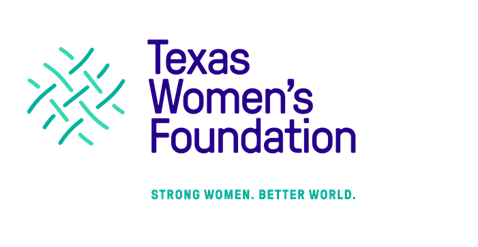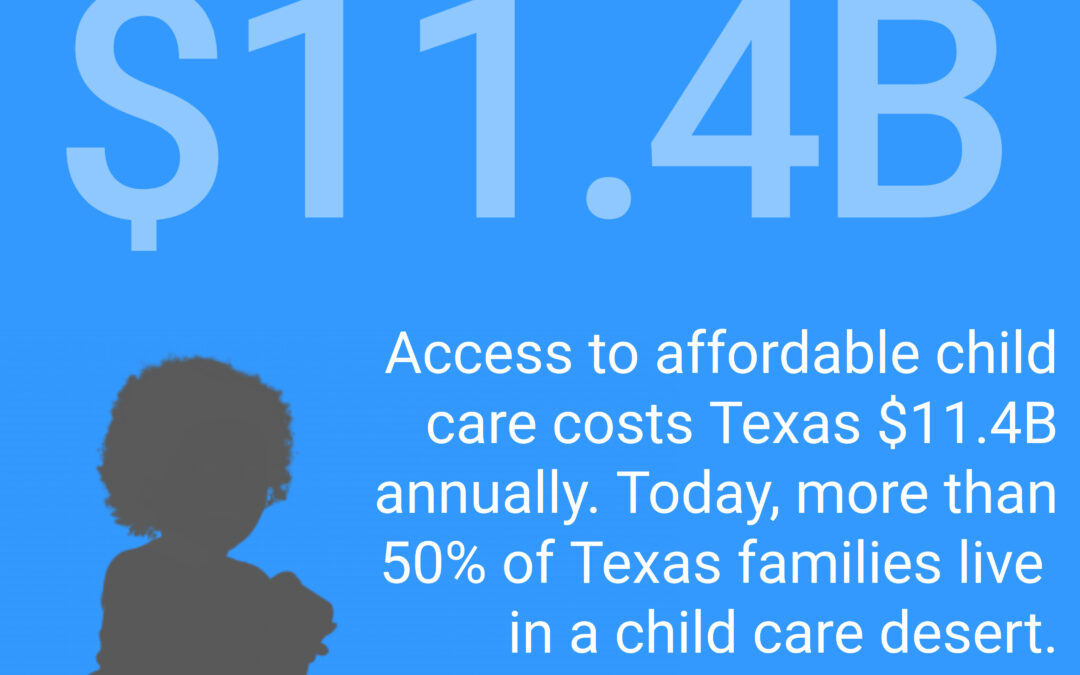New reports reveal the stark realities of gender roles and economic challenges.
Via: Dallas Morning News
In 2024, the narrative of women balancing unpaid labor at home while struggling to gain economic security remains as an enduring issue.
Two new studies, one from the Texas Women’s Foundation and another from the Gender Equity Policy Institute speak about how women are disproportionately burdened by unpaid caregiving and household work while navigating a labor market that fails to fully support them.
Texas women bear the brunt of economic insecurity
The Economic Issues for Women in Texas 2024 report paints a detailed picture of women’s financial struggles in one of the largest and most diverse states in the U.S.
Over15.3% of women and girls in Texas live in poverty, compared to the national average of 13.7%. This number increases to 24% for Texas women ages 18-24. Poverty rates are highest among women of color.
Latinas and Black women are more than twice as likely as their white counterparts to face poverty.
This disparity is largely driven by women’s overrepresentation in low-wage industries, a persistent gender wage gap, and the fact that women are more likely to be single parents, the report says.
The report underscores that women’s economic security is not just a personal issue, it’s a societal one.
With 60% of Texas mothers acting as primary or sole breadwinners, families across the state rely on women’s earnings, according to a past 2022 report by Texas Women’s Foundation. But despite their critical role in sustaining their households, the COVID-19 pandemic worsened their financial vulnerabilities.
Alicia Becker, 26, a single mother of a two-year-old, is a first-generation student at Texas Woman’s University in Dallas. Her schedule is rigorous. She attends classes on Mondays, Wednesdays and Thursdays and works on Fridays and Saturdays. On her typical days off, Tuesdays and Sundays, she dedicates her time to keeping up with her studies while also spending quality time with her daughter.
“Usually I put my baby to sleep at 8, and then from there is when I have to hit the books and that’s my time to study and focus on work because I have no time to do so throughout the day,” Becker said.

According to the 2024 report, over the last decade 1.1 million have joined the workforce including the major sectors of education (57%) and health care (51%), but women face challenges such as earning only 83% of men’s wages and holding only 28% of top executive roles, a figure unchanged since 2012.
The report finds that many women were forced to leave the workforce to provide child care during school closures, compounding the economic pressures they already faced.
Access to affordable child care is highlighted as a key solution, with the report calling it a “pillar of economic security.”
The skyrocketing costs of child care in Texas mean that for many women, especially those earning median wages, nearly a quarter of their annual income is swallowed by child care expenses.
For a Texas woman earning the median salary of $41,687, full-time child care for one child takes up 21% of her income, leaving little room for other essential expenses like housing and healthcare.
The Free-Time Gender Gap: Women work more, relax less
Zooming out to a national level, the 2024 Free-Time Gender Gap report published in October by the Gender Equity Policy Institute exposes how unpaid caregiving and household work widen gender inequities across every demographic.
“We know that Americans have come to a more egalitarian view on men and women sharing household responsibilities, but from our initial review of the data, it was clear that there were still really dramatic differences,” said Nancy L. Cohen, President at the Gender Equity Policy Institute. “The reason this matters is the disproportionate amount across all groups, women spend tremendously more time taking care of children and doing household work twice as much time as men.”
The report speaks about a persistent and troubling trend: Regardless of race, education, employment or family structure, women consistently spend far more time on unpaid labor than men. This labor includes tasks such as cooking, cleaning and childcare.
The report finds that women spend twice as much time on household and caregiving duties as men. Mothers in full-time jobs spend an average of 19 hours per week on unpaid household work and childcare, compared to 11 hours for fathers.
Part-time working mothers spend nearly four times as many hours as their male counterparts managing unpaid domestic tasks, according to the report.
As a working mom, Becker says she feels that pressure, too.
“I am a server, so I serve on Fridays and then I bartend all day on Saturdays,” Becker said. “That’s how I get my income.”
This unequal division of labor has far-reaching effects, including what the report calls the “free-time gender gap.”
According to the report, on average, women have 13% less free time than men to relax, pursue hobbies or socialize. For younger women (ages 18-24), the gap is even wider, with young women having 20% less free time than their male peers. In families with children, mothers face an even steeper penalty, with 19% less free time than fathers.
Closing the Gaps
The Texas Women’s Foundation report calls for the expansion of child care subsidies, paid family leave and the establishment of a state-earned income tax credit to lift more families out of poverty.
Additionally, they advocate for raising the state’s minimum wage to $15 an hour, which would benefit over 2.5 million Texas women who are disproportionately represented in minimum-wage jobs.
Becker said having a support group has helped her to overcome any struggles and it has encouraged her to be persistent on the path.
“I will say I have a great friend group,” she said. “They’re very encouraging. They help me to take care of myself because I admit, it’s been hard, eating on time. And they help me to keep accountable. They always say, ‘You also have to take care of yourself, cause you need to be 100 percent for your baby.’ They definitely make me feel included.”
The national report urges lawmakers to rethink the U.S.’s outdated policies on family care and household labor.
The report points to examples from other countries where gender equity has been advanced through policies that incentivize men to take on more household responsibilities, such as paid paternity leave.


